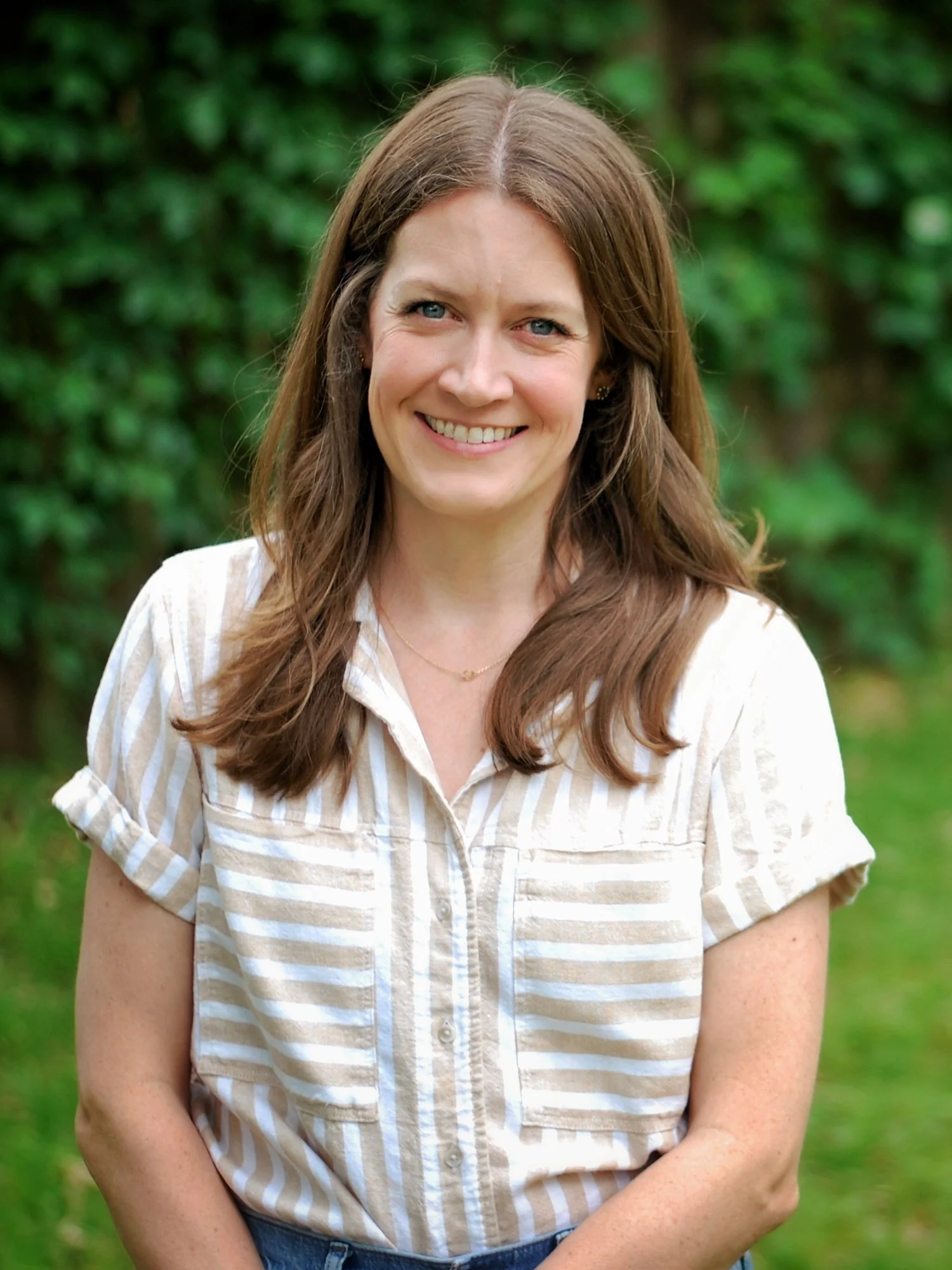Expansive Prayer & Lectio Divina with Poetry
by Holly Porter Phillips
Expanding Our Understanding of Prayer
In his book, Callings, Gregg Levoy invites us to look for practices that “help us pay attention to our lives, gently sanding our fingertips to make them more sensitive to the feel of things.” Levoy says we should look for any practice that “helps us overcome the...inadvertence of not being alert, not awake.”
Barbara Brown Taylor writes that “prayer is waking up to the presence of God no matter where I am or what I am doing. When I am fully alert to whatever or whoever is right in front of me; when I am electrically aware of the tremendous gift of being alive; when I am able to give myself wholly to the moment I am in, then I am in prayer.”
These words from Taylor and Levoy have heavily shaped how I view spiritual practices. I no longer feel restricted by activities that I thought I should engage with, and now experience a new freedom to ask: Does this wake me up? Does this practice make me more alert to the presence of God? Am I more aware of the gift of being alive?
Practices such as walks in nature, conversation with friends, reading poetry, watching birds out my window, tending to houseplants, and roller skating (truly!), became prayer. They have each in their own way gently guided me toward awareness, toward love, toward God.
The practice itself is not what matters. What matters is what the practice leads to, what it opens us up to. Expanding our definition of prayer is one way we can pray continually.
Of course this will look different for all of us. You might add journaling, yoga, therapy, listening to music, cooking, washing the dishes, planting seeds, meditation, creating art, and even more traditional spiritual practices like centering prayer, reading scripture, engaging in spiritual direction, lectio divina, or attending a communal worship service. The practice itself is not what matters. What matters is what the practice leads to, what it opens us up to. Expanding our definition of prayer is one way we can pray continually.
I hope this inspires you to create your own list or even try something new. Begin by asking yourself: What wakes me up? What makes me more alert to the presence of God? What leads me toward awareness of the gift of being alive?
It’s not an easy shift to break open our ideas of prayer, and it is often a slow process of unlearning and learning anew. One practice that has been particularly meaningful for me is to combine a version of Lectio Divina with poetry. Lectio Divina or sacred reading, is typically used with scripture, but I think the wisdom of the practice is meaningful when used with poetry. The following Lectio Divina practice invites you to look at Mary Oliver’s poem “Praying” as you expand your view of prayer.
A Prayer Practice: Lectio Divina with Mary Oliver’s “Praying”
Begin by finding a comfortable place to pause. You might choose a chair near a window, your back porch, or even your car as you wait to pick up groceries.
Light a candle (unless you’re in your car!) and take a few deep breaths, pausing for silence (however long or short!).
Remember that “prayer is waking up to the presence of God no matter where [you are] or what [you are] doing.” As you continue your deep breathing, look around you—What do you see? What do you smell? What do you hear? Practice being where you are as you wake up to the presence of God.
Once you have settled into your space, slowly read “Praying” by Mary Oliver.
Praying
by Mary Oliver
from Thirst (Beacon Press, 2007)It doesn’t have to be
the blue iris, it could be
weeds in a vacant lot, or a few
small stones; just
pay attention, then patcha few words together and don’t try
to make them elaborate, this isn’t
a contest but the doorwayinto thanks, and a silence in which
another voice may speak.
To continue with Lectio Divina, follow these steps:
Read the poem again, this time listening for a word or phrase that sticks out. You don’t have to think too hard about this, just see what catches your attention or evokes an image.
Read the poem a third time, this time taking a few minutes to listen to what God might be saying to you through the word or phrase, and pray through anything that comes up.
Read the poem a final time, this time trying to let the words wash over you afresh. Hold silence a bit longer before returning to your slow, deep breathing.
This can be your stopping point, or you might also find yourself at the doorway into thanks, and the silence to which another voice may speak, and choose to continue in prayer, in whatever form that may take.
Amen
Holly Porter Phillips is a pastor, writer and trained spiritual director (Anam Cara). She loves the slow pace of spiritual direction and the gift of walking alongside others, bearing witness to their lives. Holly serves as co-pastor at a small church in Austin, Texas, where she lives with her musician husband, their three kids, and a backyard full of birds. She can be found on Substack at hollyporterphillips.substack.com.

